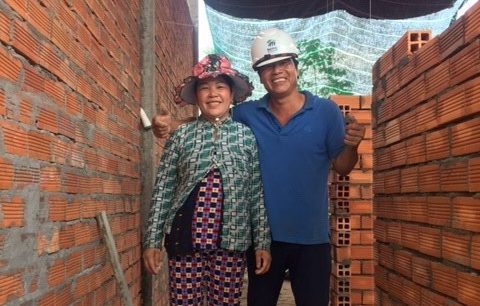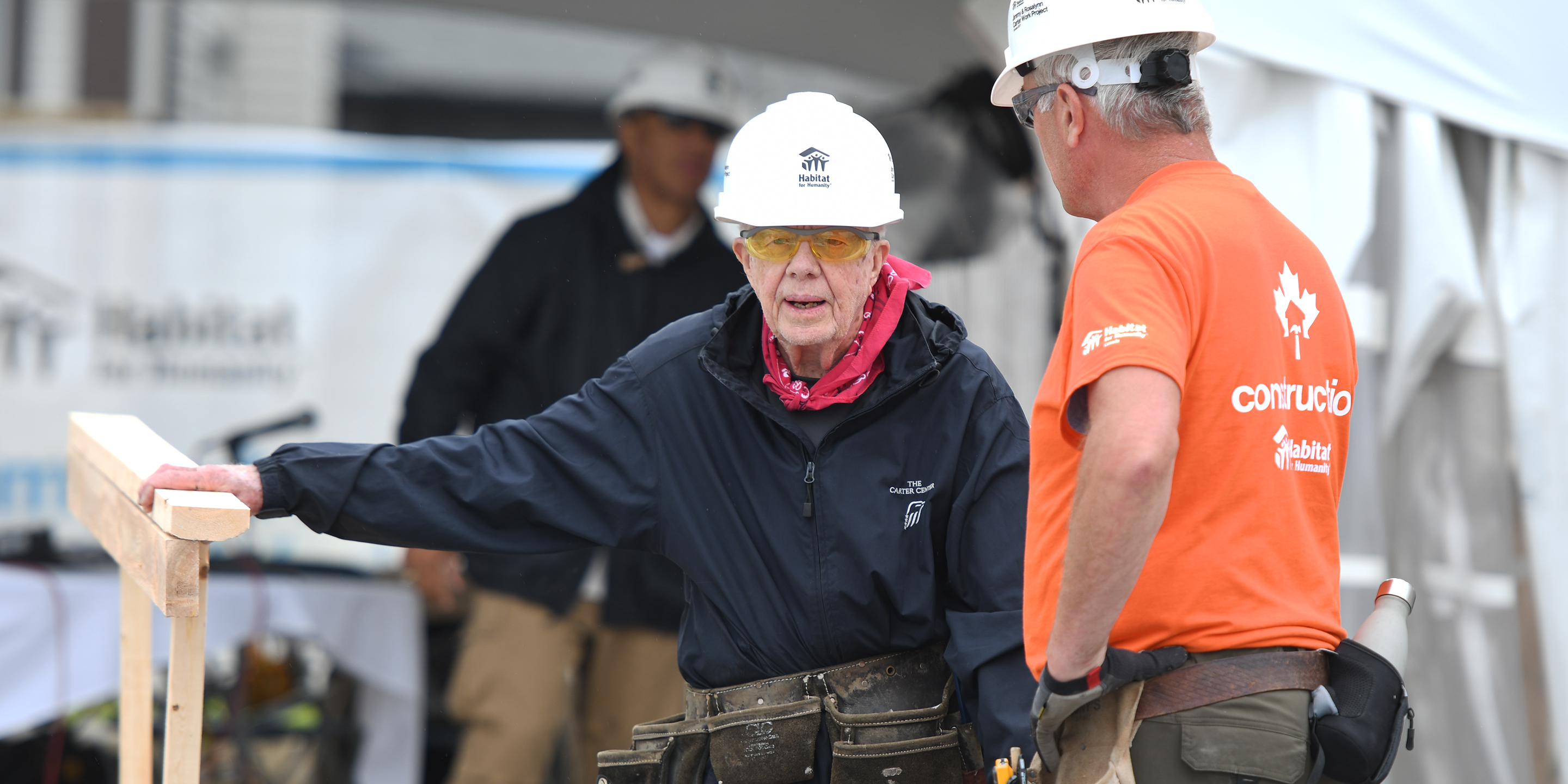Transforming lives in Ethiopia

Emamu dreams of a home that she can be proud of. Emamu is 15 years old and was abandoned by her mother. She has a mobility-limiting disability and now makes a small living supporting herself and her brother by washing clothes. Emamu lives with her brother in a government ‘kebele’ house that lacks kitchen and toilet facilities and are constantly faced with the threat of eviction as the home is in their mother’s name.
In partnership with cbm, Habitat Canada and Habitat Ethiopia are working to transform the living conditions of people like Emamu, who have disabilities or who are at risk of developing disabilities, by improving their access to decent housing and sanitation facilities. Without the threat of eviction, Emamu’s new Habitat home will provide security and become an asset for future possibilities.
The vast majority of Ethiopians live in inadequate homes with 90 per cent of urban houses and almost all rural houses in poor condition. More than half of the population don’t have access to decent sanitation facilities, often sharing toilets that are in very poor condition in some of the worse urban areas. In the town of Fitche, where Emamu lives, there is a serious lack of sanitation, forcing families to use nearby open fields. The people in Fitche have no other option than to live in less than adequate homes. There are no housing alternatives and they can’t afford to renovate or improve their homes themselves.

This project in Fitche will provide 40 vulnerable families, including Emamu and her brother, with a new healthy, safe home that has dignified access to sanitation. The Fitche Integrated Vulnerable Group Housing Project empowers vulnerable individuals, families, and communities with an integrated home design that focuses on accessibility and social inclusion. The home design process integrates traditional Ethiopian concepts of communal living that will reduce stigma of people with disabilities within the wider community, while increasing accessibility for those with limited access. The new home design, which include a kitchen and toilet, will also improve living conditions for families by taking into consideration modern realities of home life, such as improved kitchen facilities and separate livestock with animal pen areas.
This project also encourages learning and knowledge transfer through financial literacy training for improved livelihoods as well as engaging students from the Civil Service University to increase awareness of the state of lowcost housing and inclusive home design solutions. Habitat Ethiopia and cbm will work with the municipality in order to establish land tenure for families who previously lived in rented homes (either from the Ethiopian government, called ‘kebeles’ or private landlords), significantly enhancing family security. The project will also support families to build their own homes where possible, building a sense of pride and ownership, and enabling the acquisition of key construction and home maintenance skills necessary for homeownership.


